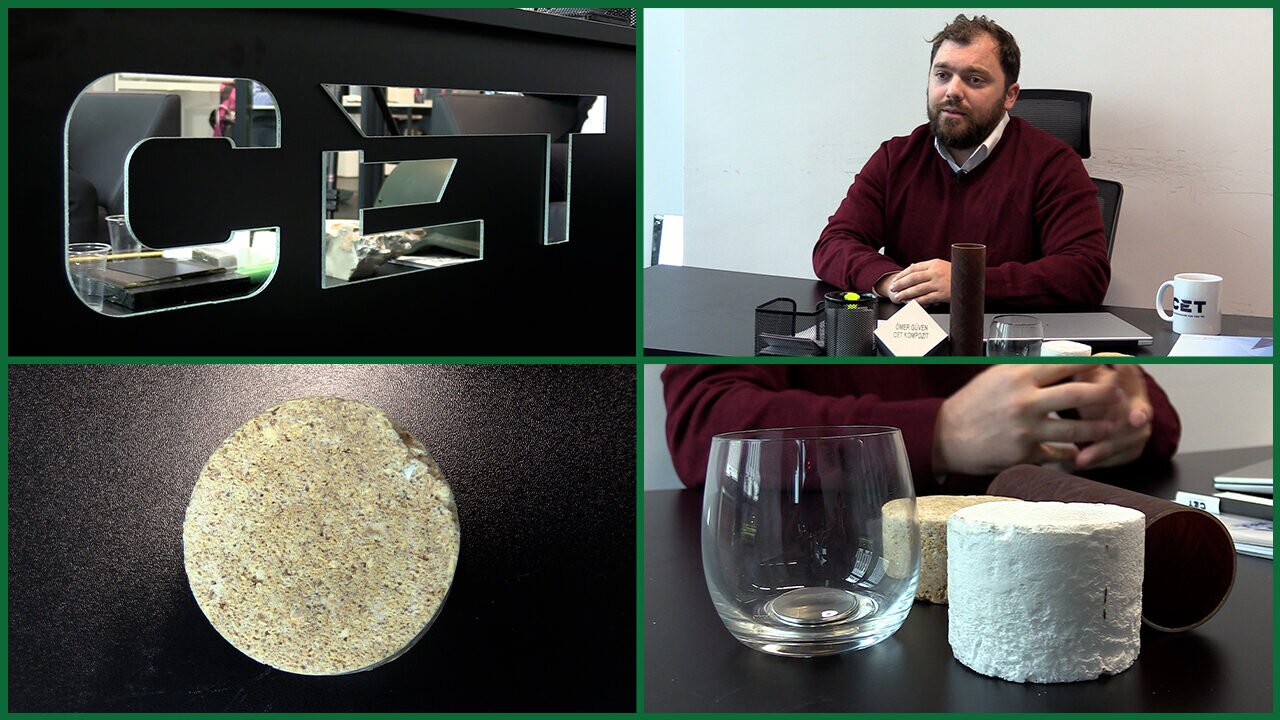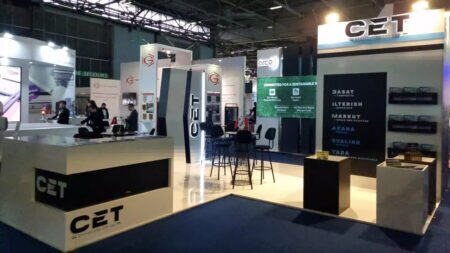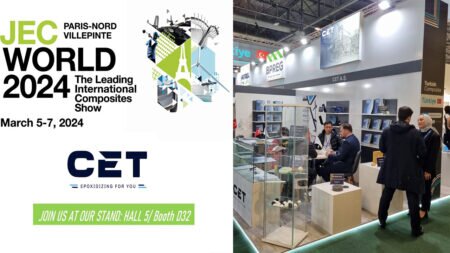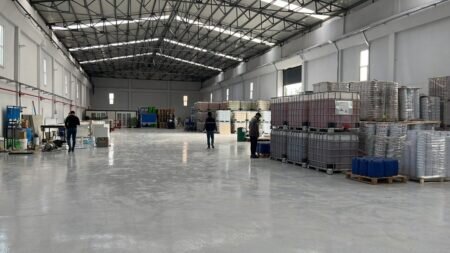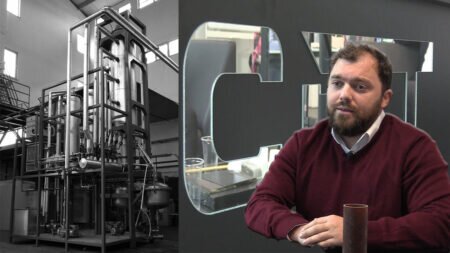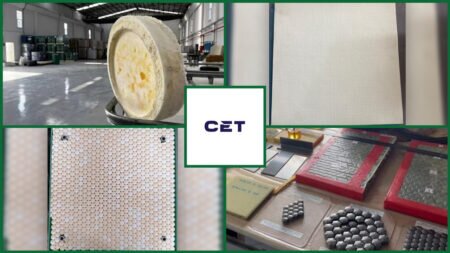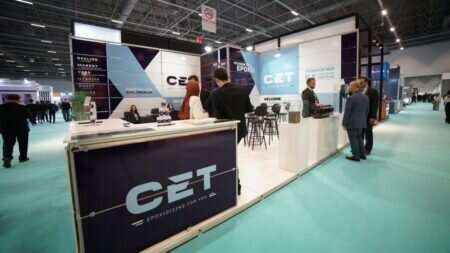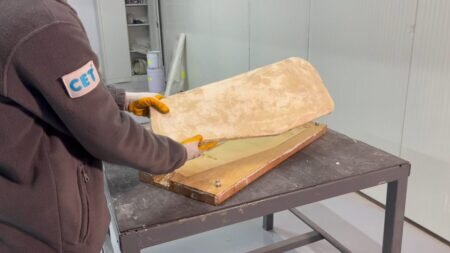Ömer Güven, Founder of CET Composite and Epoxy Technologies Inc., said that resin systems developed with special resins that require high mechanical strength and thermal strength in both aviation and chemical industry are now offered to customers in Türkiye.
In an exclusive interview with Defensehere.com, CET Kompozit Founder Güven gave information about the products they have been developing for the last 6 months. Güven stated that resin systems that require high mechanical strength and thermal strength in both aviation and chemical industry are delivered to customers in Türkiye and said:
"I would like to tell you about a few products that we have developed and localized over the last six months. One of them is high temperature resistance, which can withstand up to 250-275 degrees in residual filament winding systems. Resin systems that require high mechanical strength and thermal strength in both aviation and chemical industry, developed with special resins, are now available to our customers in Türkiye. We have tested enough tests and all areas of use. We have facilitated the processes of our customers and it can now be used in the market, it is open to the service of Turkish users without requesting a certificate or requesting an end-user certificate in any way."
In addition, while working with this, there were very good developments in two different areas. If you remember, we mentioned it before. We have talked about foam systems, now foam systems have been commercialized in our foam systems that will increase both compressive strength and mechanical strength and reduce the explosion effect in ballistics in defense and especially in aerospace technologies and defense for use in sandwich structures. These products are used by our customers and at the same time, we are able to conclude ballistic armor solutions with a domestic solution for ballistic solutions that are not subject to export license.
A new range of epoxy products
We have created a new product range from waste chips and epoxy, which has the highest potential and will contribute to both the Turkish industry and according to environmental tests. We have produced this product range similar to chipboard, which has a very high castable mechanical strength, is not combustible, is not affected by water and has a very high compressive strength with acoustic damping ability and is over fifty years in its commercial life. As of today, this structure has started to be used in furniture makers, kitchen countertop manufacturers and floor coverings where mechanical strength is required. We are currently trying to increase the areas of use on the defensive side. Since we are aware of Türkiye's great potential for fast solutions in terms of projects and intelligence, especially in the construction sector, we think that we can use Türkiye as a laboratory with this product and reach very good end products in the North American and Northern European markets.
Smart glass technologies and glasses
To give the last example, one of the epoxies we have just developed is smart glass technologies and low temperature applications in glasses or anywhere where glass enters, especially in all applications where we want to impregnate different systems such as PCB, electronic resistances, magnets. This epoxy, on the other hand, is both long-lasting and has a very high UV resistance compared to all resin systems, epoxy compared to some resin systems. We have a system with very high thermal and mechanical strength. Now, in glass structures where sensors are desired to be installed and data is desired, we put our PCBs or sensors into the glass, and then we cast our product together with the sensor, and after ashing, we obtain a structure with high UV resistance and very high mechanical strength, which is no longer distinguishable from glass. We also opened it for commercial use.
It adds the ability to attach sensors to products, electrify them or receive data. Because after you put the sensor in the normal glass, you need to pour the glass again so that the sensor can stay in the glass structure. In our systems, since we can proceed with resins operating at much lower temperatures, we encapsulate them by keeping them within the operating temperature of a PCB or a sensor, and thanks to this encapsulation, our products are now completely left to the intelligence and talent of our engineers. In other words, you can measure temperature in a glass, you can measure pressure, or if you want to design a smart home, or if you want to design a smart office, if you want acoustic damping, or if you want to measure acoustic levels, if you want to measure temperature and talk to air conditioning, you can do it all in this system.
It can also be used on armored vehicles
We think that this application can find a place in armored vehicles. Of course, it is necessary to come together with companies that produce ballistic glass for armored vehicles and try them."

